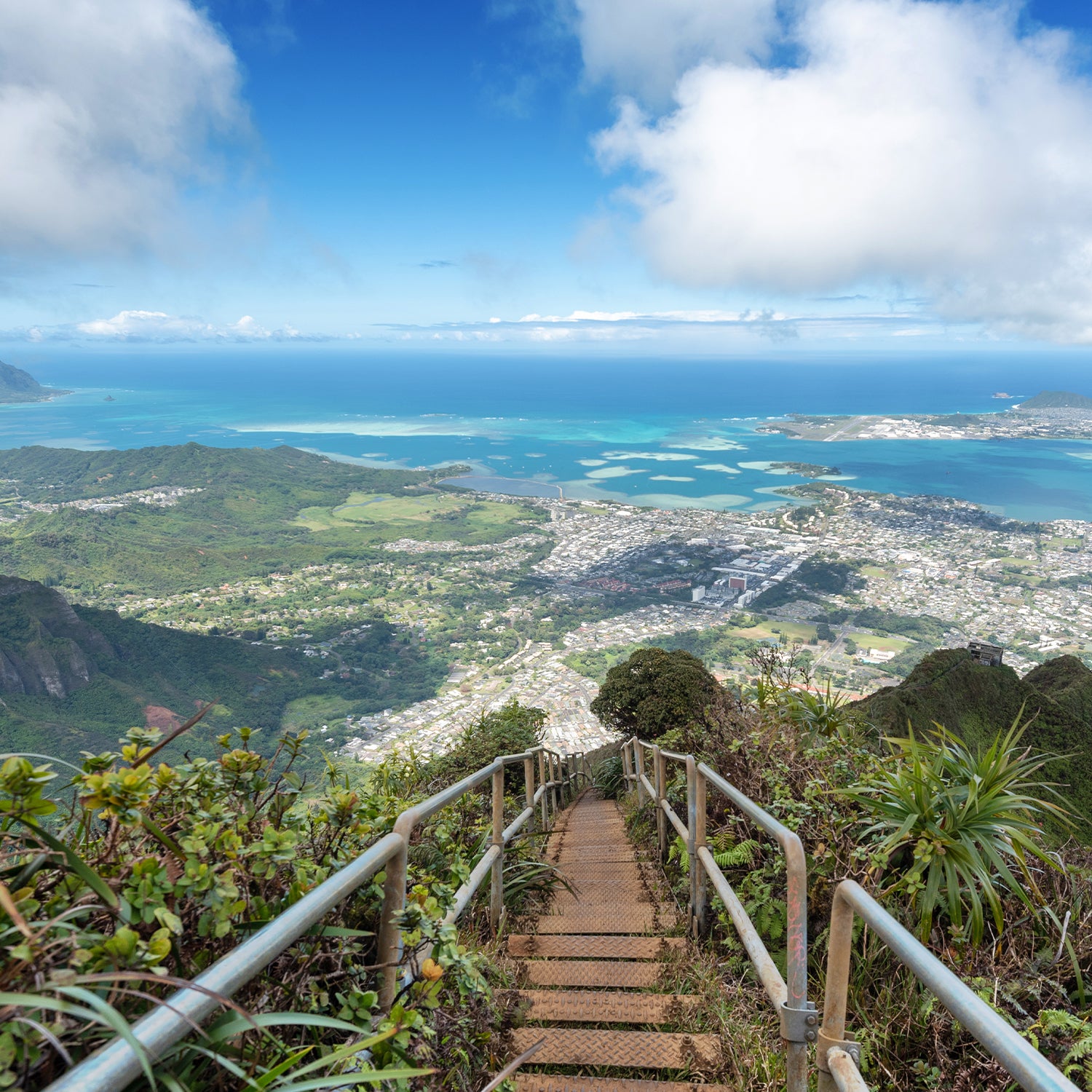A pair of bills that would have allowed Hawaii’s government to charge for rescues of hikers who venture onto closed trails has died in the state legislature.
Senate Bill 2543 and House Bill 2174 were the latest in a series of proposals that sought to hold scofflaw adventurers financially responsible for their own rescues. The text of the House version cited both increased spending on rescue operations and the danger to first responders as motivations for the bill, and expressed hope that the new legislation would act as a deterrent for hikers considering venturing onto closed trails or terrain. , with a companion bill that would have established a “hike safe” card whose purchase would have funded SAR operations failing as well.
While the bills drew support from some local residents and the state’s Department of Law Enforcement, the local fire departments responsible for executing most of those rescues largely opposed the measures. Captain Jaimie Song of the Honolulu Fire Department (HFD) told KHON2 news that the department opposed the bill.
“What we don’t want is there to be a delay in initiating our response,” Song told the station. “We just ask the public, if you can be safe and responsible in your hiking, not only does that keep you safer but it also helps to keep us a bit safer too.”
Concerns about hiker rescues were a major motivating factor behind , a precipitous, World War II–era climb that drew hundreds thousands of hikers every year despite being closed since the 1980s. But data from local fire officials strongly suggests most rescues take place on open trails. In 2022, HFD told KHON2 that the legal-to-hike Diamond Head trail saw more rescues than anywhere else in 2022, with a total of 40 operations; Lanikai Pillbox was second with 26, and Koko Head Crater third with 17.
Idaho, Maine, New Hampshire, Oregon, South Dakota, and Vermont all have laws on the books permitting authorities to charge hikers for rescues in some circumstances, but only New Hampshire enforces it with any regularity.


